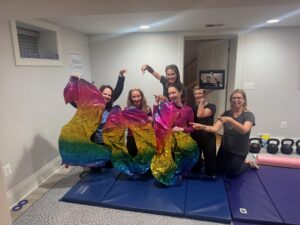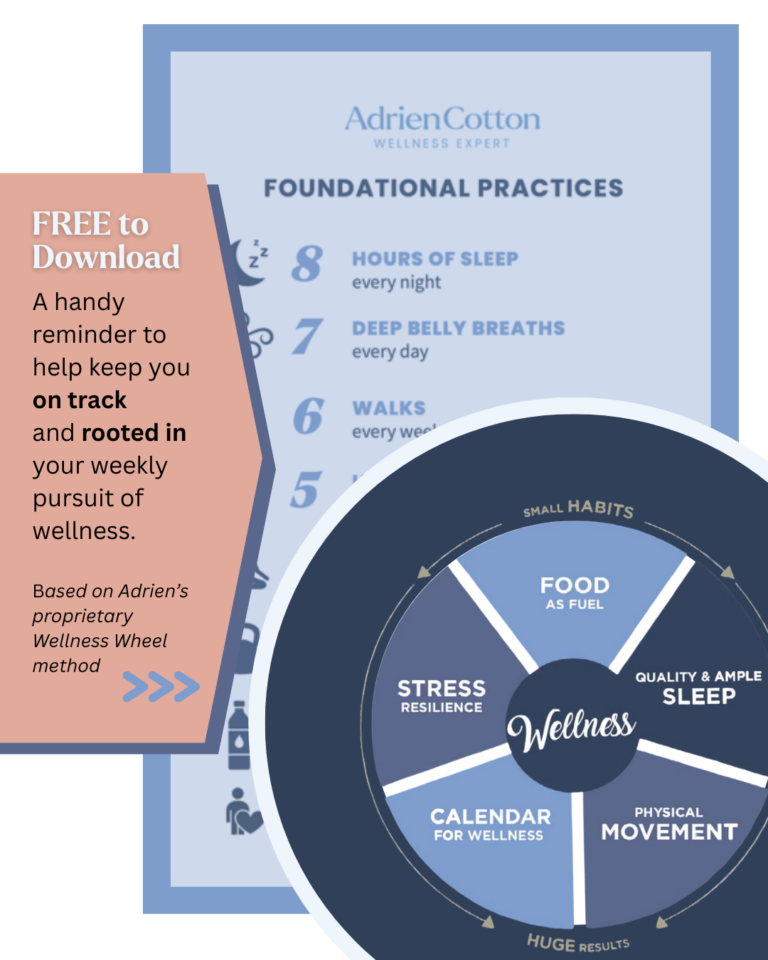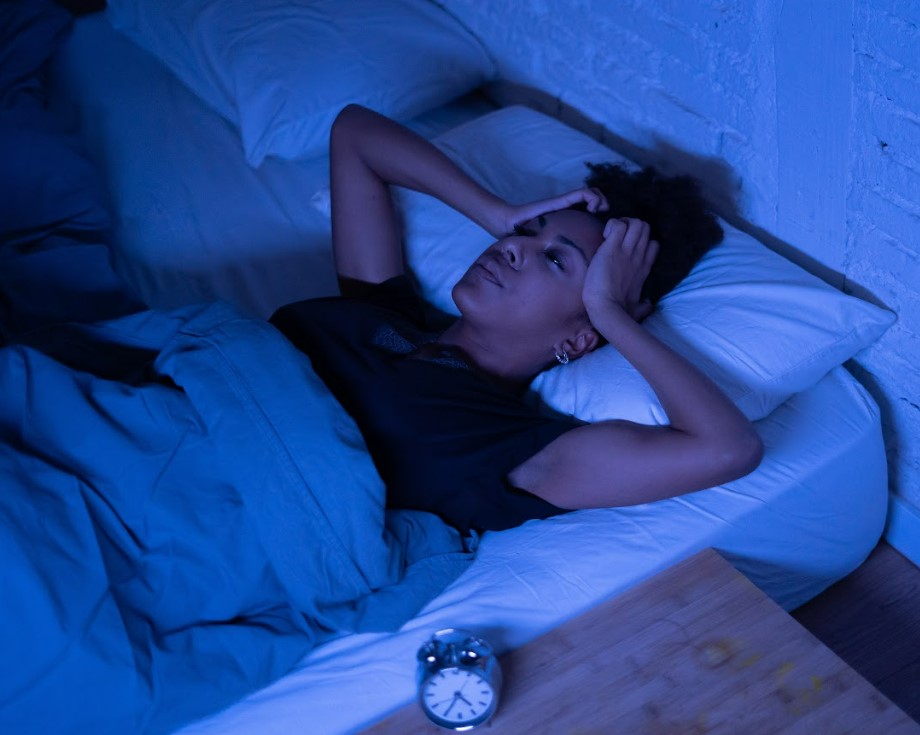
The majority of Americans are women, and the majority of those women are between the ages of 45-60. Because this also happens to be my main client demographic, perimenopause is a topic that frequently comes up in sessions. 95% of the time, I raise it. It simply doesn’t occur to members that perimenopause could be the culprit for feeling so crummy. And if it did, it won’t happen to them!
The most common responses I hear are typically conveyed with embarrassment and reluctance.
“Oh, I’m not there yet.”
“I still have my period.”
“I will never take Estrogen.”
“Oh…I’m fine.”
I listen to many women who struggle with their weight, their emotions, their anxiety, and their confidence. I personally understand how all of this takes a toll on self-confidence. These hormonal changes that are out of our control will wreak havoc on our lives if we don’t talk about them or consider them as a part of our wellness journey.
I know, “I’m just in my 40s (or my early 50s).” Now is the time to understand what’s happening inside your body so you can get the strength you need to crush your midlife feeling better than you thought possible.
Let’s begin by looking at what is really going on in our bodies, starting in our 30s and progressing into our 40s and early 50s.
Perimenopause is the transition to the phase of life where reproduction ends. Many don’t realize that this transition can be even more challenging than menopause!
It occurs in all women – across the globe – everywhere.
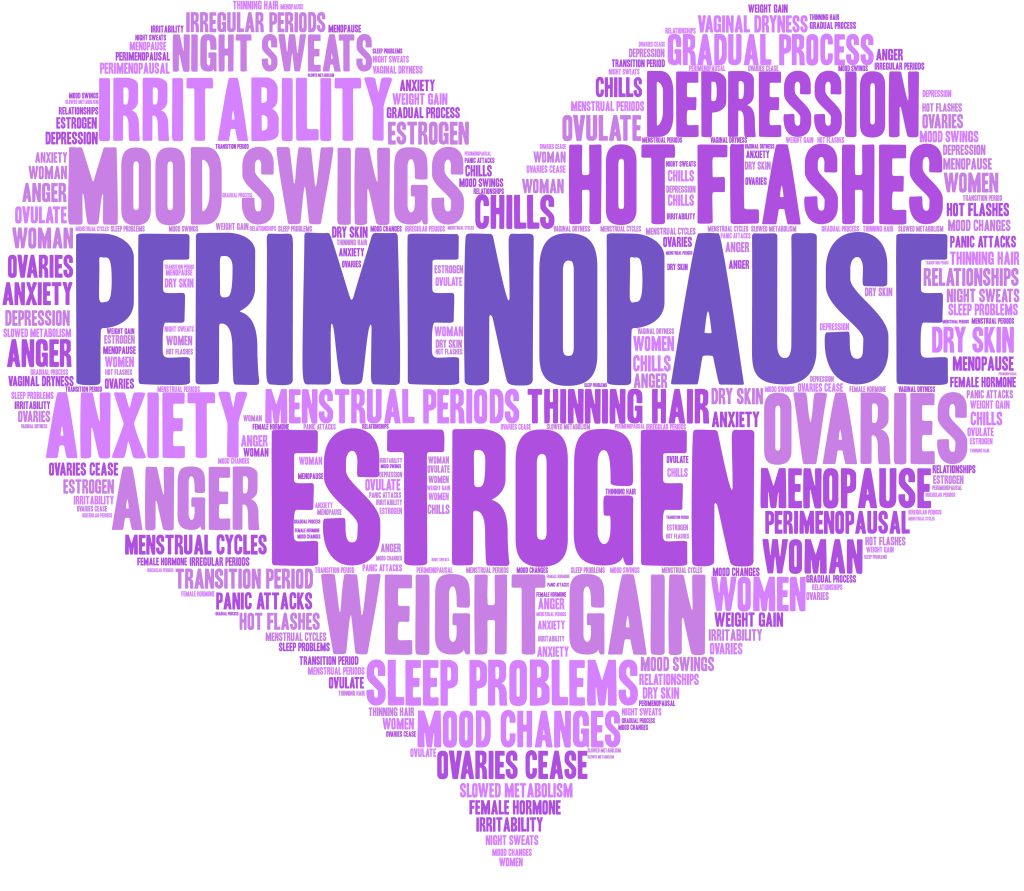
Here’s How Perimenopause Goes:
Between puberty and perimenopause, women have very high levels of estrogen. Nature made sure of this because we need estrogen to reproduce. And whether we ever had children or not, evolution has made sure that our body was set up for reproduction.
Each month, the brain talks to the ovaries and signals the body to produce estrogen, testosterone, and progesterone for the sole purpose of reproduction. As we age, the process of ovulation begins to slow and become erratic. Our eggs are beginning their long phase of “retirement,” causing what may seem like mild symptoms that we don’t even recognize as part of this process. Welcome to perimenopause and menopause and their toughest symptoms.
Here are the “core four” symptoms of perimenopause:
-
Depression and mood changes
-
Sleep disruptions
-
Hot flashes and night sweats
-
Vaginal dryness
There are at least 30 different health conditions associated with perimenopause, from hair loss to:
-
Irregular cycle
-
Pelvic floor disorders
-
Urinary tract infections
-
Weight gain or inability to lose weight
-
Decreased libido
-
Foggy brain
-
Migraines
All of this can start as early as our 30s and extend well into the mid-fifties for some. Perimenopause can last up to eight years. It is no joke.
So, yes, while we still have a monthly cycle, this process slows us down, causing the brain to be frustrated and confused. This creates a feeling of internal chaos that manifests itself as stress. The ovaries can still make estrogen and progesterone, yet not reliably and not with the ideal quality or quantity. So, yes, we can still get pregnant. This process lasts, on average, four to eight years.
Declining estrogen levels wreak hormonal havoc that can cause sleepless nights stemming from night sweats or increased stress in our days. Sleep deprivation creates an environment for increased levels of ghrelin, our hunger hormone, and decreased levels of leptin, the “stop eating” hormone. This can be the culprit behind those pesky pounds we just can’t seem to lose. Here again, as we listen to the voices in our heads and social media selling perimenopause diet or exercise programs, we become literally desperate for an answer.
Estrogen also has receptors that are present in the urinary tract, the heart and blood vessels, bones, breasts, skin, hair, mucous membranes, pelvic muscles, and the brain. It plays a role in the metabolism of serotonin – a feel-good hormone – and other neurotransmitters that affect our sleep-wake cycle. It helps keep our body temperature low at night and, therefore, more conducive to restful sleep, and it also has an antidepressant effect.
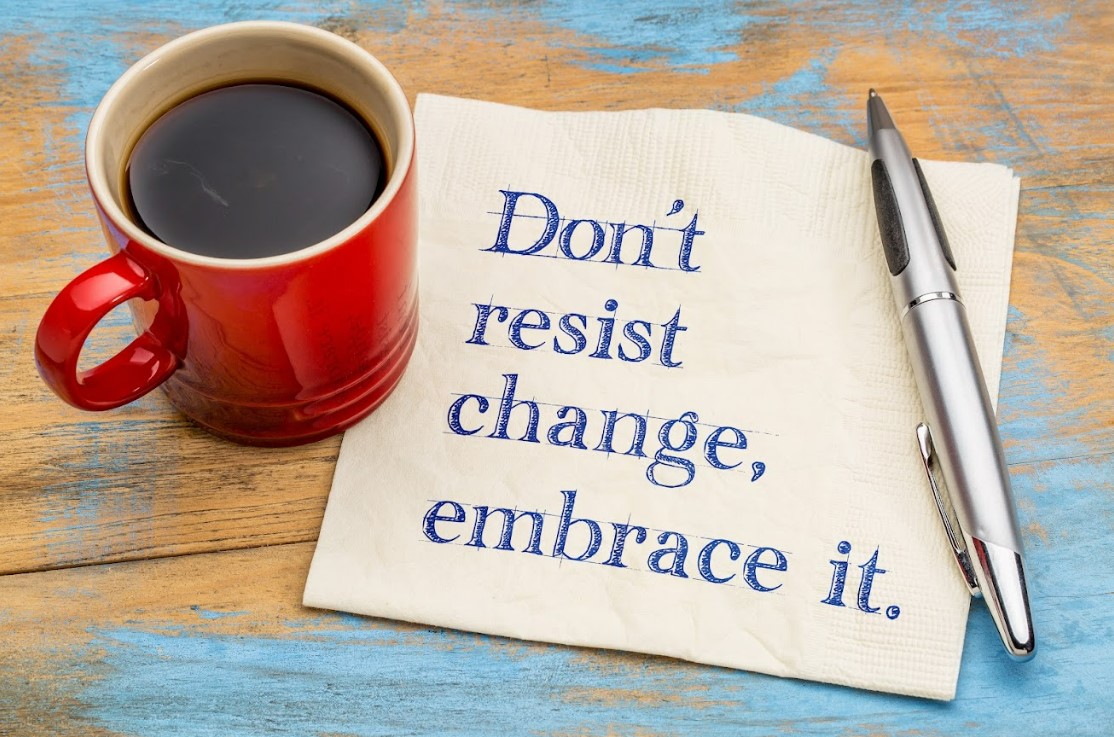
So, what to do?
First, let’s get one thing straight. Midlife is a time in our lives when we can reset, reclaim, and make bold changes. My call to action is to make our wellness a top priority before the symptoms of perimenopause and menopause get the best of us. And I mean more than diet and exercise. Our sleep, our stress, and frankly, how we approach our days can have a huge impact on our wellness and our perimenopause experience.
We cannot prevent or stop our body – or life – from changing. We can learn to lean into these changes and learn how to master menopause.
This is what my entire Master Menopause course is about. There is an adage that says, “Whatever we resist, persists.” Resisting the changes that are happening will not make them disappear. Instead, we need to learn how to lean into them.
Just like the seasons of the year change, seasons of life change too. There are blessings in ALL of the seasons, and when we learn to adapt, we learn to thrive.
Are you struggling to feel good in your body and looking for answers to your questions about perimenopause and menopause? I’ve created an online course to help women THRIVE during midlife. Get access to my 5-module course that teaches the importance of holistic wellness and lays out core strategies to help you MASTER Menopause NOW!

